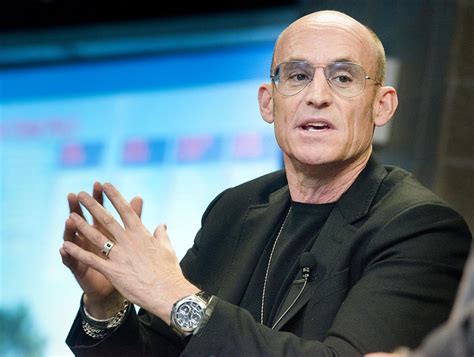A Quote by Joseph Wood Krutch
Technology made large populations possible; large populations now make technology indispensable.
Quote Topics
Related Quotes
The reduced variability of small populations is not always due to accidental gene loss, but sometimes to the fact that the entire population was started by a single pair or by a single fertilized female. These 'founders' of the population carried with them only a very small proportion of the variability of the parent population. This 'founder' principle sometimes explains even the uniformity of rather large populations, particularly if they are well isolated and near the borders of the range of the species.
There is an access to... people can now afford very high quality technology, where you can have a very good reproduction of a large picture on a large screen at home. People go out less. There's all kinds of reasons. I don't know that it's going to stay that way but, I think also, we've got to start making better movies.
Technology tends toward avoidance of risks by investors. Uncertainty is ruled out if possible. People generally prefer the predictable. Few recognize how destructive this can be, how it imposes severe limits on variability and thus makes whole populations fatally vulnerable to the shocking ways our universe can throw the dice.
What’s next for technology and design? A lot less thinking about technology for technology’s sake, and a lot more thinking about design. Art humanizes technology and makes it understandable. Design is needed to make sense of information overload. It is why art and design will rise in importance during this century as we try to make sense of all the possibilities that digital technology now affords.





































